Closing the Iron Cage

Summary
Can individuals condemned to alienating "scientifically managed" work environments ever really function as free players in their "free" time? After critically reviewing nineteenth- and twentieth-century literature on the nature of work and leisure, Andrew then addresses himself to two the growth of scientific management in the industrial work force, and the consequences of that growth for how workers spend their leisure time. This povocative book presents a well worked out economic and organizational framework that could usher in a society based on democratic self-management and the unity of meaningful work and leisure.
Similar Books
-
 Megatrends - Ten New Directions Transforming Our Lives
Megatrends - Ten New Directions Transforming Our Livesby John Naisbitt
-
 Our Enduring Values: Librarianship in the 21st Century
Our Enduring Values: Librarianship in the 21st Centuryby Michael E. Gorman
-
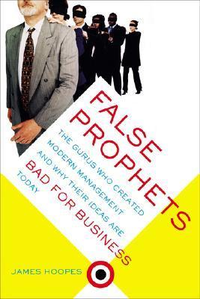
-
 Dreaming the Rational City: The Myth of American City Planning
Dreaming the Rational City: The Myth of American City Planningby M. Christine Boyer
-
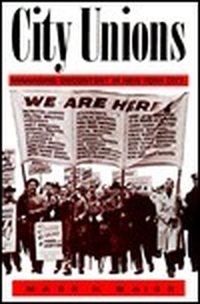 City Unions: Managing Discontent in New York City
City Unions: Managing Discontent in New York Cityby Mark H. Maier
-
 Manufacturing Ideology: Scientific Management in Twentieth-Century Japan.
Manufacturing Ideology: Scientific Management in Twentieth-Century Japan.by William M. Tsutsui
-
 Manufacturing Ideology
Manufacturing Ideologyby William M. Tsutsui
-
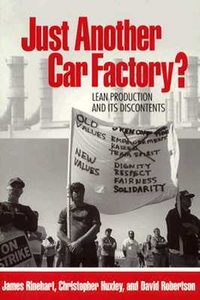 Just Another Car Factory?: Lean Production and Its Discontents
Just Another Car Factory?: Lean Production and Its Discontentsby James W. Rinehart
-
 Mark of the New World Order
Mark of the New World Orderby Terry L. Cook
-
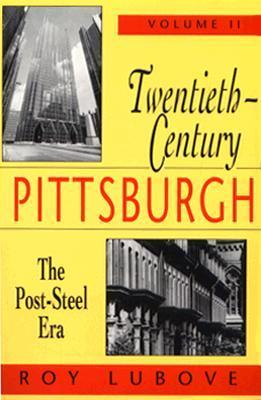
-
 Mark of the New World Order: Big Book of the Beast
Mark of the New World Order: Big Book of the Beastby Terry L. Cook
-

-

-
 Frederick Taylor: A Study in Personality and Innovation
Frederick Taylor: A Study in Personality and Innovationby Sudhir Kakar
-
 Society And Legal Change 2Nd Ed
Society And Legal Change 2Nd Edby Alan Watson
-
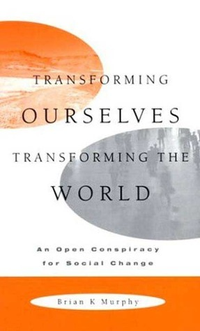 Changing Ourselves, Changing the World
Changing Ourselves, Changing the Worldby Brian K. Murphy
-
 Workers' control
Workers' controlby Ernie Roberts